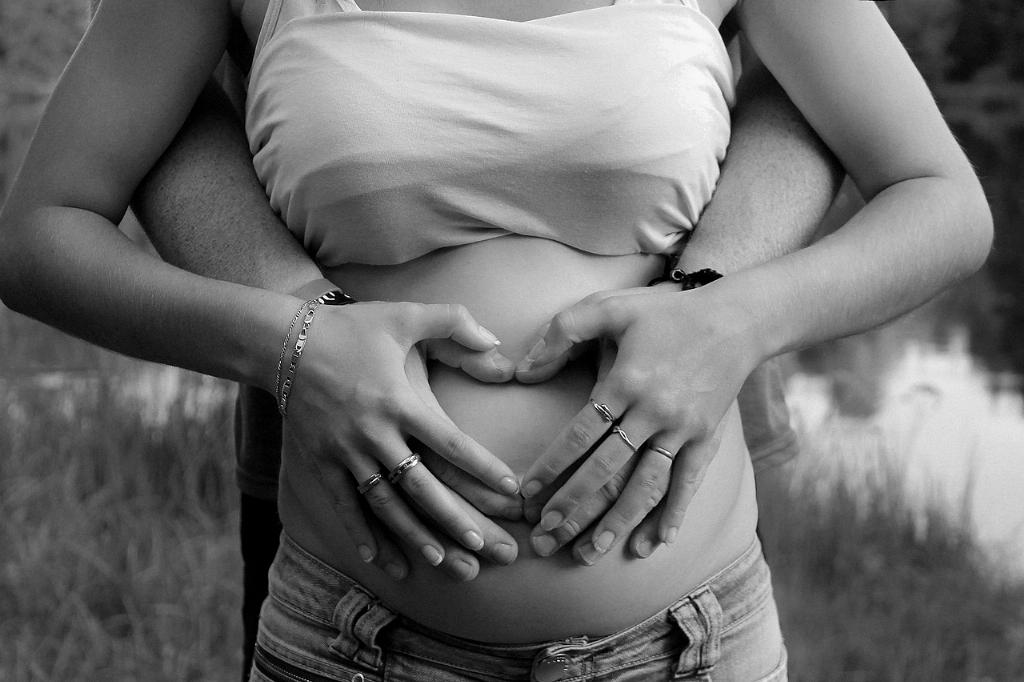Experiencing pain during pregnancy is not uncommon, and for many women, it can be a part of the journey. However, when it comes to groin pain, it’s essential to pay attention to the signals your body is sending. Groin pain during pregnancy can vary in intensity and frequency, and knowing when to seek medical attention is crucial for your well-being and that of your baby.
Normal vs. Concerning Groin Pain
It’s important to differentiate between normal discomfort and concerning pain. Normal groin pain during pregnancy can be attributed to the expanding uterus, hormonal changes, and the stretching of ligaments to accommodate your growing baby. This type of pain is usually mild and intermittent, presenting as a dull ache or pressure in the pelvic area.
Signs to Watch Out For
However, there are certain signs that indicate you should seek medical advice. If you find it challenging to move around, experience pain while changing positions, such as getting out of a car or turning in bed, or feel discomfort when going up or down stairs, it’s essential to contact your midwife or GP.
Intense or Persistent Pain
If you are experiencing intense or persistent groin pain that is interfering with your daily activities, it’s a red flag that should not be ignored. While some discomfort is expected during pregnancy, severe or constant pain could signal an underlying issue that requires medical evaluation.
Accompanying Symptoms
When assessing your groin pain, pay attention to any accompanying symptoms that could indicate a more serious condition. If you notice swelling, redness, warmth in the affected area, difficulty urinating, or vaginal bleeding along with the pain, seek immediate medical attention.
Medical Evaluation
When in doubt about the cause of your groin pain, it’s always best to consult with your healthcare provider. They can perform a thorough evaluation, which may include physical exams, imaging tests, or blood work to identify the underlying cause and determine the appropriate treatment plan.
Potential Causes of Groin Pain
There are several potential causes of groin pain during pregnancy, ranging from harmless to more serious conditions. Common reasons for groin pain include round ligament pain, pelvic girdle pain, sciatica, and symphysis pubis dysfunction. However, more severe conditions like preterm labor, placental abruption, or urinary tract infections could also present with groin pain.
Self-Care Tips
While awaiting a medical evaluation, there are several self-care measures you can take to alleviate mild groin pain. Practice gentle stretching exercises, use heat or cold packs on the affected area, maintain good posture, and avoid activities that exacerbate the discomfort. Additionally, wearing supportive maternity belts or pillows can help alleviate pressure on the groin area.
Importance of Communication
Open and honest communication with your healthcare provider is key during pregnancy, especially when dealing with pain or discomfort. Don’t hesitate to share any concerns or symptoms you may be experiencing, as early intervention can help prevent complications and ensure a healthy pregnancy for you and your baby.
Seeking Support
Remember that you are not alone in this journey. Reach out to your partner, family members, or friends for support when dealing with groin pain during pregnancy. Having a strong support system can make a significant difference in managing pain and stress during this crucial time.
Conclusion
In conclusion, groin pain during pregnancy is a common occurrence that can range from mild discomfort to a potential indication of a more serious issue. By understanding the signs to watch out for, seeking timely medical evaluation, and practicing self-care measures, you can navigate groin pain effectively and ensure a smooth pregnancy journey. Remember to prioritize your well-being and reach out for support when needed.

